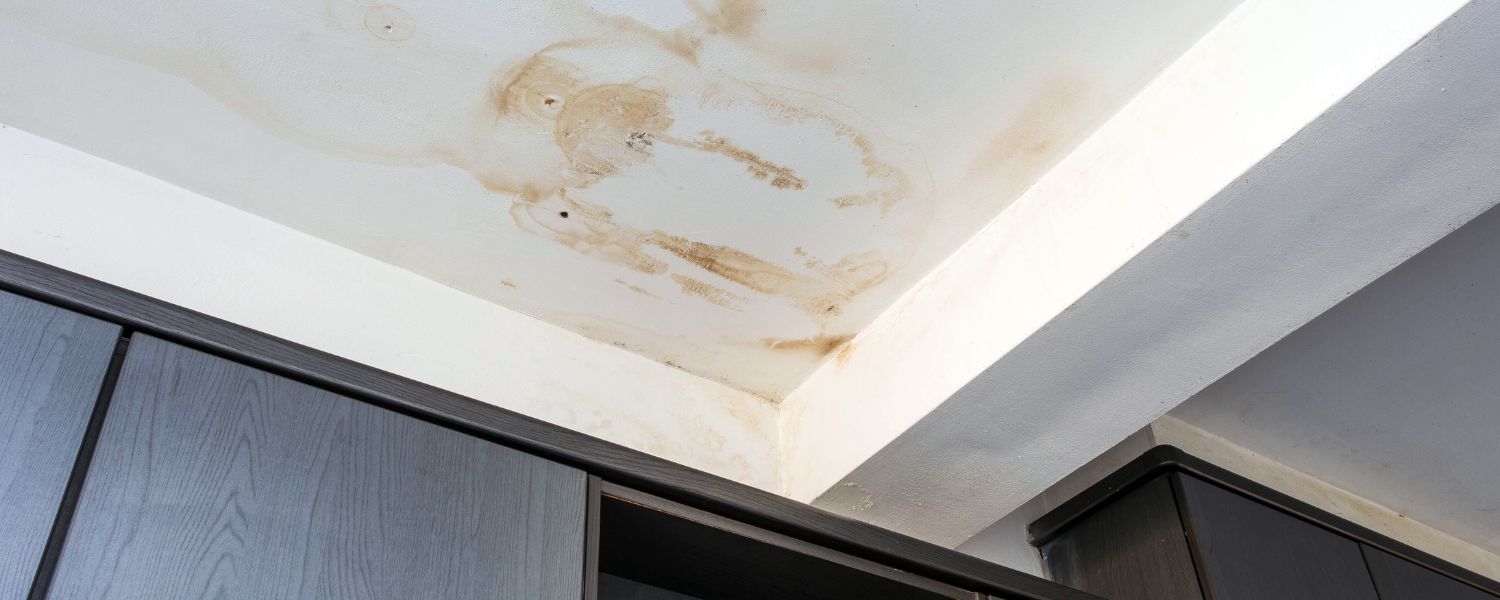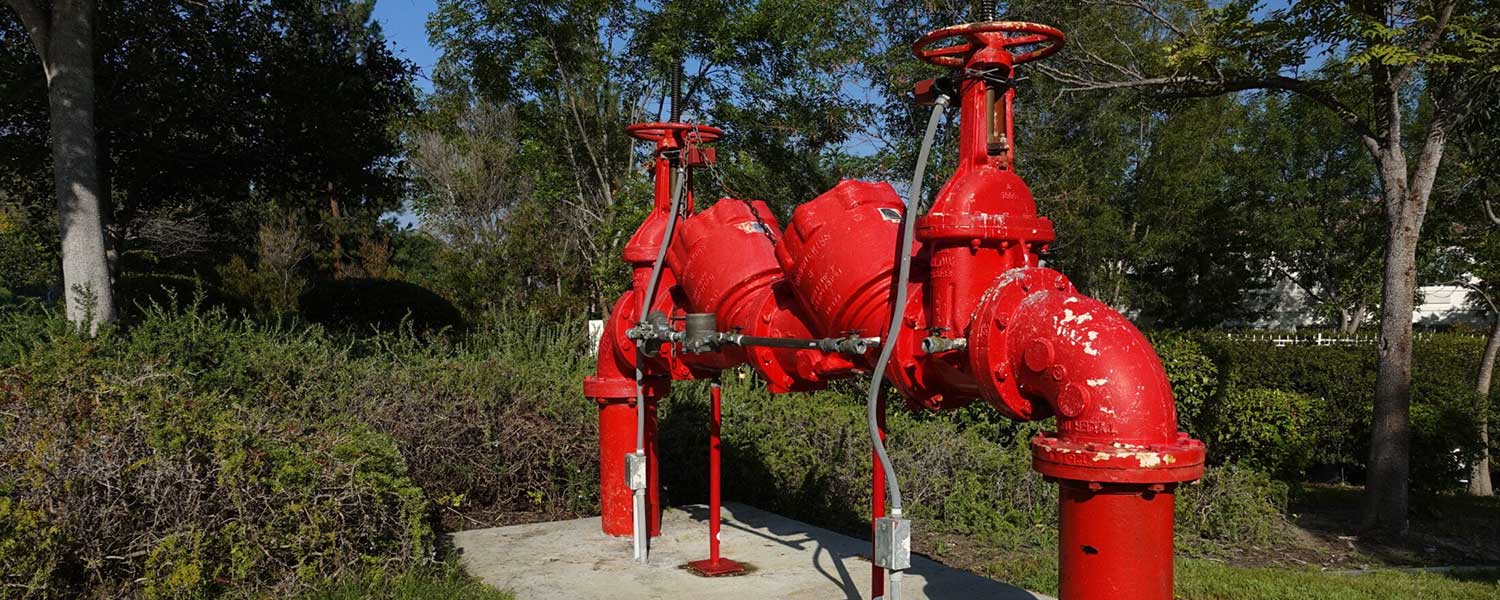Hector Godinez is one of the original San Diego Drain experts at Bill Howe Plumbing, Inc. He recently celebrated his 25th anniversary with the company and spent the first 15 years as a field technician. He is now the San Diego Drain Field Supervisor, and oversees all of our trained experts.
Q: What different Types of drains does Bill Howe Plumbing, Inc. service?
A: The different types of drains include sinks, tubs, toilets, showers, pools, or area drains. Area drains can include the pool area or landscape area. Also, there are two types of drain systems which are the sewer system and water system.
Q: What are the common reasons drains may become clogged?
A: The age of the pipe is a big factor. If your drain lines are cast iron, scale buildup becomes more of a problem because the cast iron is porous. They also have a tendency to corrode and expand. Another common reason drains become clogged is from feminine products or paper towels that may have been flushed.
Q: If there are two sinks attached, why will one fill up when using the other?
A: Both sinks share the same pipe underneath. A clog can effect both or just one side. Once the clog has passed the connection, the clog will affect both sides. That is one way to diagnose where the clog is; if it is only on one side then it is still close to the connection of the affected drain.
Q: Can I snake my drains myself?
A: We don’t recommend our customers in San Diego snaking drain lines without some training or basic drain knowledge. One of the more common problem is losing cables inside of the drain; often the techs have to retrieve cables left behind which makes the job more challenging and more costly. We definitely advise to hire a professional for all buildings with multiple units/stories. It is very easy to damage or flood other units.
Q: Are roots a common issue?
A: Yes, roots are a major issue. Most pipes we dig up, or reline with epoxy, are from root intrusion. Tree roots invade the pipes in search of moisture and then grow in and around the pipe. The can seep in through even minor fractures often further cracking and separating the fittings, causing the pipe to break. Once there is water and slippage off of the pipe, the roots will grow through the tiniest hole into the pipe and once they are in there they take over. It’s the most common pipe issue we normally come across.
Q: How effective are liquid drain cleaners?
A: Most drain cleaners simply do not work. The ones that do clear clogs, typically have acids in them that will clear the drain but also corrode the pipe over time.
Q: What type of pipes are used for drains?
A: The type of pipes used with drains are plastic, cast iron, and copper DWV. Cast iron is the most porous and it collects the most build up. Copper stays smooth does not clog as much, but it’s a VERY thin material and corrodes away over time. It’s lifetime would be about 30 years.
Q: Are there issues that arise with unused drains?
A: Unused Drains, especially with abandoned houses, or homes with no activity (i.e., homes for sale that are not lived in), or a house that is being remodeled, for example, have a tendency of cracking. The pipes will dry up and cause splitting down the middle. The more it dries the more it contracts and starts to separate. It is important to run water through drain lines on a regular basis to keep them in good condition.
Q: What if pipes are coming loose under the sink?
A: Pipes coming loose usually indicate a corroded pipe that is in need of replacing, or it can mean that it was not connected properly or with the right fittings. Bill Howe Plumbing, Inc. offers free on site estimates for this type of problem.
Q: What are some of the food items found in drains that don’t belong?
A: The #1 problem is any types of peels such as potato peels, carrot peels, or apple peels. The garbage disposal has the inside where the blades are, the casing around the outside, and there is a gap where everything shoots out that isn’t very big. The peels are thin enough that they get by without getting ground up. It is very important to remember to use the disposal sparingly. It is really meant to catch small particles and not meant to grind up leftover food from your plates.
Q: Are eggshells good for sharping disposal blades?
A: Eggshells are not ideal to put in the garbage disposal. Enough of the eggshells to sharpen the blades would most likely be enough to clog the drain. Instead, use ice. If you want to clean the inside of the disposal and to sharpen the blades, we would suggest to turn on garbage disposal, have your water pressure on low and throw in a handful of ice cubes. This will clean the blades and break the ice apart into pieces. Using ice does not cause damage to the disposal, and is safe to put in the drain without clogging.
Q: Is it true or false that fruit flies could be related to drains?
A: This is true. They could be coming around more due to buildup in the pipe and the time of year. We would recommend apple cider vinegar in a jar or container near to where the issue is. The fruit flies are drawn to it and will get trapped in the jar.
Q: What should the customer know when calling in about a non-working disposal?
A: I would suggest to use the reset button under the garbage disposal first. Many times, it is a simple fix the customer can do themselves. Also, when the garbage disposal is installed, you get an ‘S’ shaped tool. This is a great tool to use when you get a clog. When the disposal is jammed, make sure your disposal is OFF and use this tool. Put it in the middle of the disposal to loosen it up. Once everything feels like it is moving freely, it is safe to remove the tool then turn on the disposal switch. This may need to be repeated a couple of times.
Don’t forget that when you call Bill Howe, you are getting plumbers who are trained in San Diego to clear even the most challenging drain clogs. From stopped up kitchen sinks, to collapsed mainlines, we have the expertise to diagnose and repair every job. If you have questions, or a slow drain in need of help, call 1-800-Bill Howe (245-5469) today to schedule with one of our professionals.




